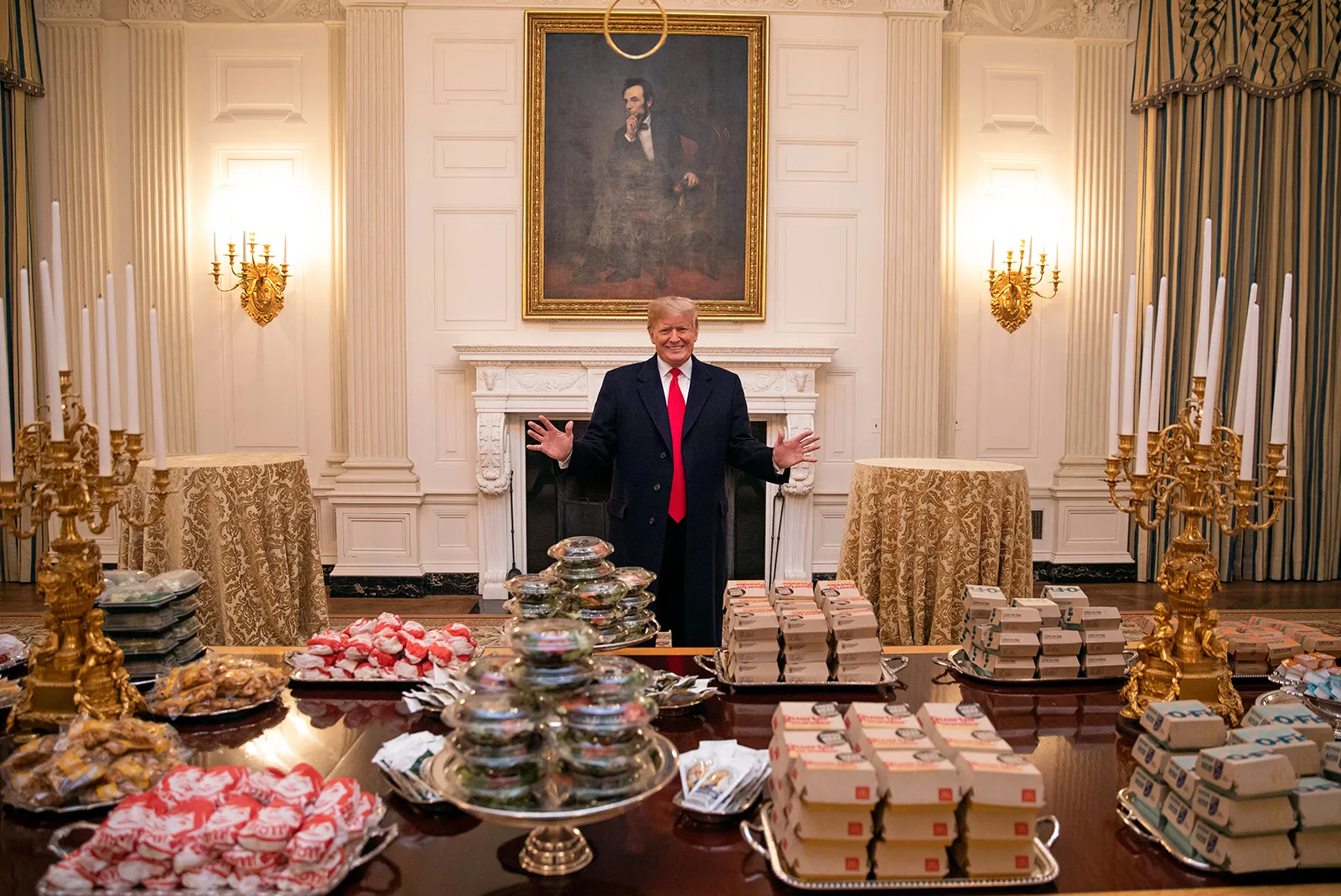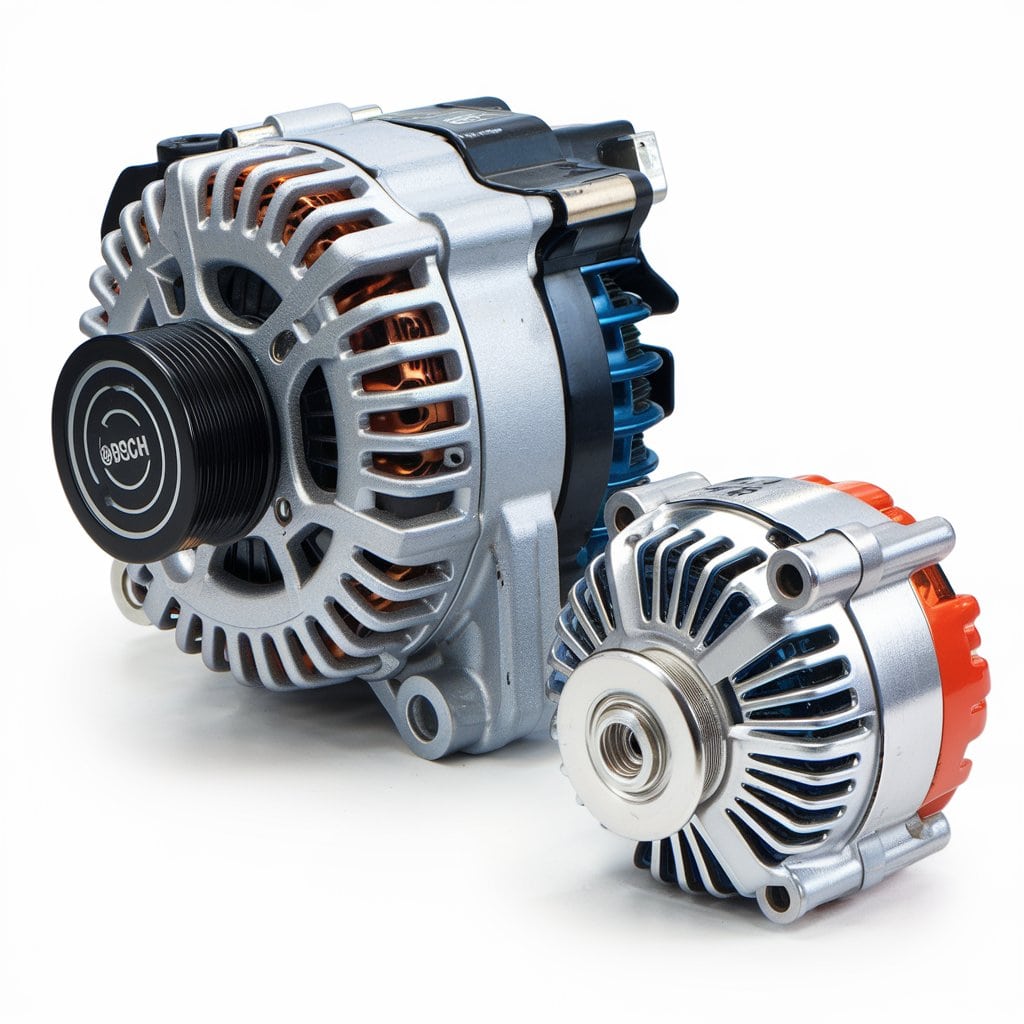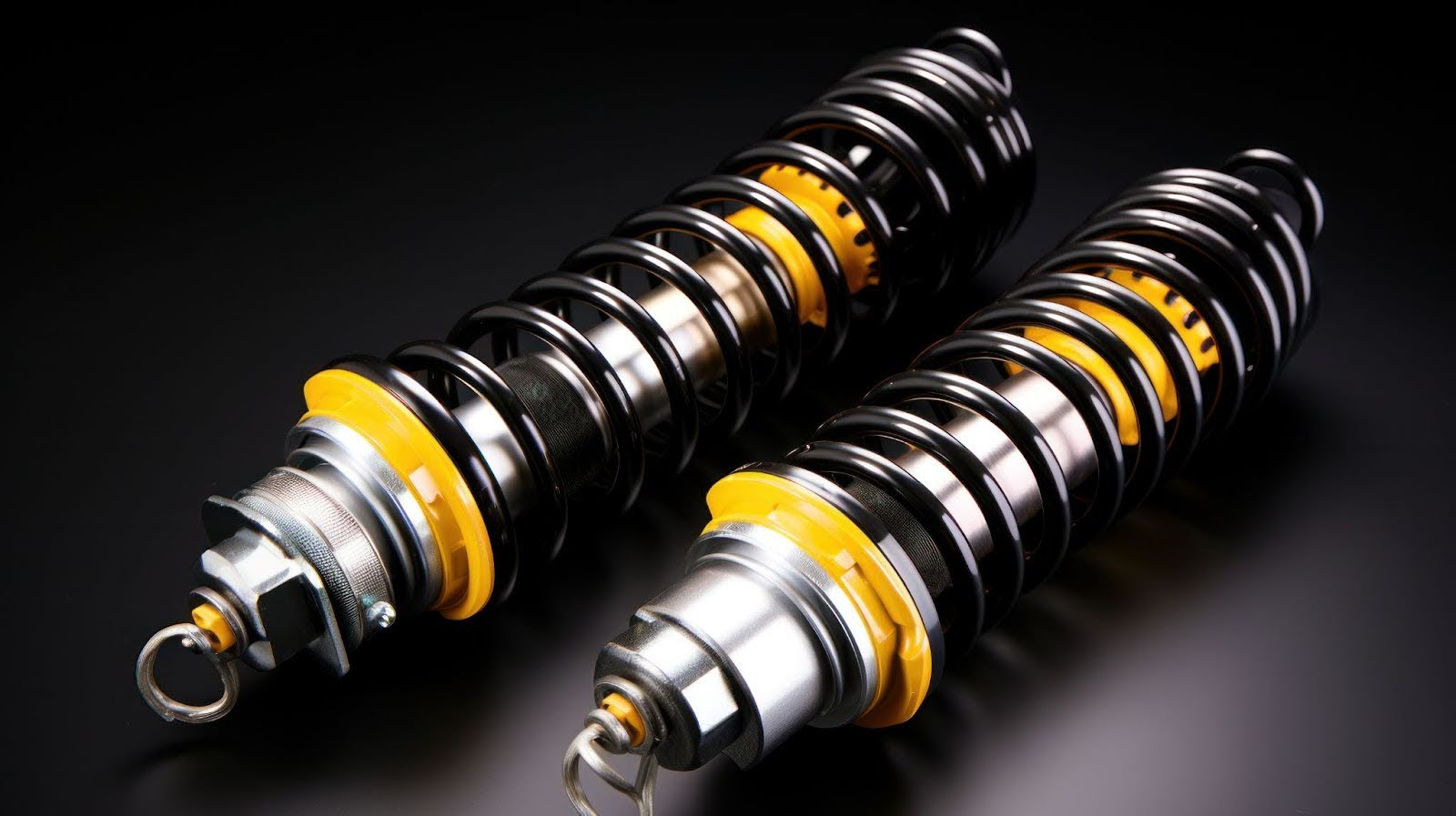Trump’s Final Push with McDonald’s in the Political Spotlight

In the final days of his campaign, Trump made a bold move, pulling McDonald’s into the political arena. During a Sunday visit to a Pennsylvania franchise in the Keystone State, he traded his suit jacket for an apron and worked as a fry attendant. He served customers at the drive-thru window, even joking that he made the food himself. The restaurant was closed for this event, making it clear that Trump’s affection for the Golden Arches was more than a publicity stunt; it was a strategic effort to connect with voters. His presence and actions there were seen as a direct jab at Vice President Kamala Harris, whose own biographical detail about working at McDonald’s during her youth became a centerpiece of her middle-class origin story. Trump often accuses Harris of fabricating this story without evidence, emphasizing the contrast between their backgrounds.
During his campaign trail interviews, Trump aimed to raise doubts about Harris’ history, appealing to conservative supporters who were quick to demand proof from Harris. His stop in Feasterville-Trevose was a part of this narrative, where he reiterated his accusation that Harris’ story was “totally phony.” Meanwhile, Harris has largely ignored these claims, choosing not to respond to Trump’s comments or the news outlets that pushed for her response. Trump’s upcoming visits to similar venues further his attempt to dominate the narrative, positioning himself as relatable while casting Democrats as out of touch. For Trump, these moments aren’t just about campaigning; they’re an effort to reshape perceptions and remind the public of his self-proclaimed work ethic and familiarity with everyday America.
Trump’s Fast-Food Strategy in Politics
In a surprising turn during his campaign, Trump drew attention by thrusting McDonald’s into the spotlight. This move is particularly interesting considering his history with the fast food chain, where he once visited a location while campaigning. During this visit, he joked with a woman at the register, confidently claiming he knew the menu better than anyone else. His love for McDonald’s and its offerings has long been part of his public persona, especially since he often mentions it in interviews and even during town halls. By connecting with this brand, he aims to show his understanding of everyday Americans while contrasting himself with his opponents, particularly Harris, who has her own story about working at McDonald’s as a student in California back in 1983.
Trump’s strategy also reflects his desire to appeal to middle-class voters and draw attention away from Harris’ upbringing and the upper-class roots she represents. During a 2019 debate, she mentioned her experience working as a cashier and fry attendant. This has become a notable part of her identity as a presidential candidate. Trump’s visits to McDonald’s are not just about fast food; they represent a deeper tactic to shift the conversation towards his perceived authenticity and relatability. This approach keeps the focus on how he engages with common experiences, a strategy that has proven effective in past elections. Bill Clinton once joked about Harris breaking a record for time spent at McDonald’s, showing the playful but serious competition between them. With each visit, Trump aims to highlight his down-to-earth nature, even while standing alongside other notable figures like Texas Rep. Jasmine Crockett and Minnesota Gov. Tim Waltz who have also weighed in on these comparisons.
Trump’s McDonald’s Tactic in the Political Landscape
In his recent campaign, Trump has taken a unique approach by bringing McDonald’s into the political conversation. Over the years, he has repeatedly questioned the biographies of his rivals without much merit. His past actions included being one of the loudest voices in the debunked birther movement that falsely challenged Barack Obama’s citizenship and eligibility for the White House. As a part of this strategy, he uses the campaign cycle to raise doubts about others, like Nikki Haley, suggesting she isn’t a natural-born US citizen. By drawing attention to Harris’ background and her Black heritage, he aims to create a narrative that suits his agenda.
Trump often employs exaggerations and fabrications to promote his image. In his autobiography, The Art of the Deal, he coined the phrase “truthful hyperbole,” which he sees as a form of effective promotion. A notable example of this came during a 2007 deposition, where he was caught lying more than 30 times about mundane details regarding his businesses. He has also made bold claims about being present at ground zero after the 9/11 terrorist attacks, stating he helped workers clear away the debris, although this is not supported by public record. By mixing fast food culture with his political narrative, he aims to appeal to voters in a way that feels relatable while also maintaining his characteristic boldness.
Trump’s McDonald’s Tactic in the Final Days of Campaign
Trump has taken an unusual approach by latching onto Harris’ past employment at McDonald’s, especially in the final days of his campaign. This focus seems to be a strategy to highlight a small detail about his rival’s history, which he believes can sway voters. He has used multiple accounts of this narrative in interviews, suggesting that her work history should not be dismissed as insignificant. It’s unclear if this tactic is warranted, but it reflects how Trump often creates stories that align with his views. He has a history of using an alias, like John Barron, to influence perceptions, even inflating his fortune in Forbes magazine. As Election Day approaches, such moves may be aimed at keeping the focus on his opponent’s past rather than his own record.
lie, huge, Trump, McDonald’s, whole, thing, presidential, campaign, East Palestine, Ohio, train, hazardous materials, derailed, environmental, public, health, crisis, woman, register, menu, better, probably, anybody, affinity, fast food, 2016, CNN, town hall, self-described, clean person, preference, offerings, quality control, food, Burger King, Kentucky Fried Chicken, White House, served, Clemson, national, championship, football, team, smorgasbord, burgers, pizza, son-in-law, Jared Kushner, autobiography, corner, battle, coronavirus, favorite, Big Mac, Filet-O-Fish, fries, vanilla shake, last week, Fox News, Donald Trump Jr., interview, familiarity, Democratic, nominee.
Trump’s McDonald’s Play in the Campaign
In the final stretch of his presidential campaign, Trump has made a big deal out of McDonald’s, linking it to a recent huge lie about his rival Harris. He has used his visits to McDonald’s to show his affinity for fast food, including a trip to a location in East Palestine, Ohio, after a train carrying hazardous materials derailed, causing an environmental and public health crisis. While joking about knowing the menu better than anyone, he highlights his belief in the quality control of these offerings compared to other fast food like Burger King and Kentucky Fried Chicken. This kind of personal touch seems to resonate with his supporters.
During a 2016 CNN town hall, Trump described himself as a “self-described clean person,” explaining why he enjoys fast food. In the White House, he famously served the Clemson national championship football team a smorgasbord of burgers and pizza. Even his son-in-law, Jared Kushner, noted that Trump showed he was getting better in his battle with the coronavirus when he asked for his favorite Big Mac, Filet-O-Fish, fries, and vanilla shake. Recently, Donald Trump Jr. mentioned this familiarity with the menu in a Fox News interview, emphasizing how it reflects on Trump compared to the Democratic nominee.





Your article helped me a lot, is there any more related content? Thanks!
I don’t think the title of your article matches the content lol. Just kidding, mainly because I had some doubts after reading the article.
Thanks for sharing. I read many of your blog posts, cool, your blog is very good. https://www.binance.com/ar/register?ref=V2H9AFPY
Thank you for your sharing. I am worried that I lack creative ideas. It is your article that makes me full of hope. Thank you. But, I have a question, can you help me?